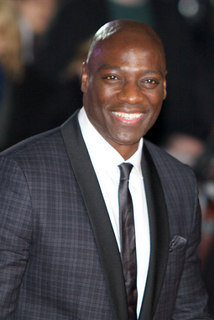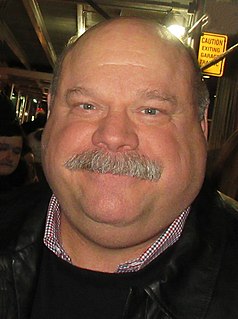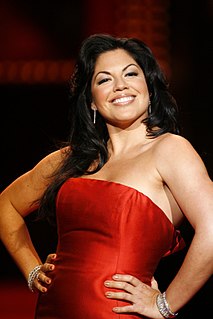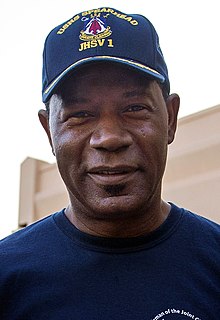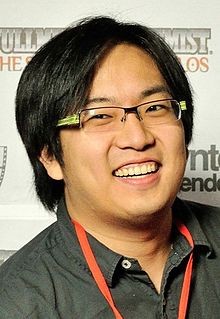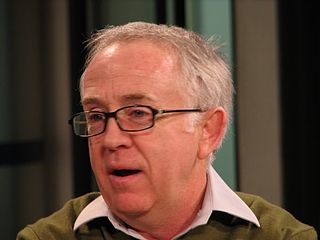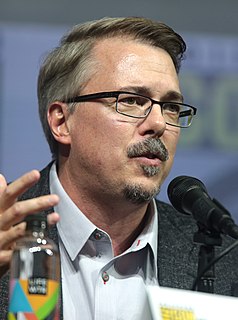A Quote by Terry Teachout
Unlike film and TV, theater is a luxury object, but one that ordinary middle-class people can still afford. Above all, it isn't a mass medium: Live theater is a small-scale, handmade art form. Intimacy is what makes it special.
Related Quotes
Cinema is a kind of pan-art. It can use, incorporate, engulf virtually any other art: the novel, poetry, theater, painting, sculpture, dance, music, architecture. Unlike opera, which is a (virtually) frozen art form, the cinema is and has been a fruitfully conservative medium of ideas and styles of emotions.
The condition of the theater is always an accurate measure of the cultural health of a nation. A play always exists in the present tense (if it is a valuable one), and its music -- its special noise -- is always contemporary. The most valuable function of the theater as an art form is to tell us who we are, and the health of the theater is determined by how much of that we want to know.
When you're on stage, you're playing to whoever is in the back of the room, and TV and film is so much more detailed and nuanced, but I think that's what I always wanted to do. As much as I love theater and musical theater and would love to do it again, I really love the subtleties of film and theater acting.
I've studied theater since high school. Of course, it's a different story altogether being on Broadway, but it's still theater, and you have to be in front of a live audience, and that's very exciting. It's something I've definitely wanted to do, but I got involved in movies and television, and then it became a luxury to get back on the stage.

